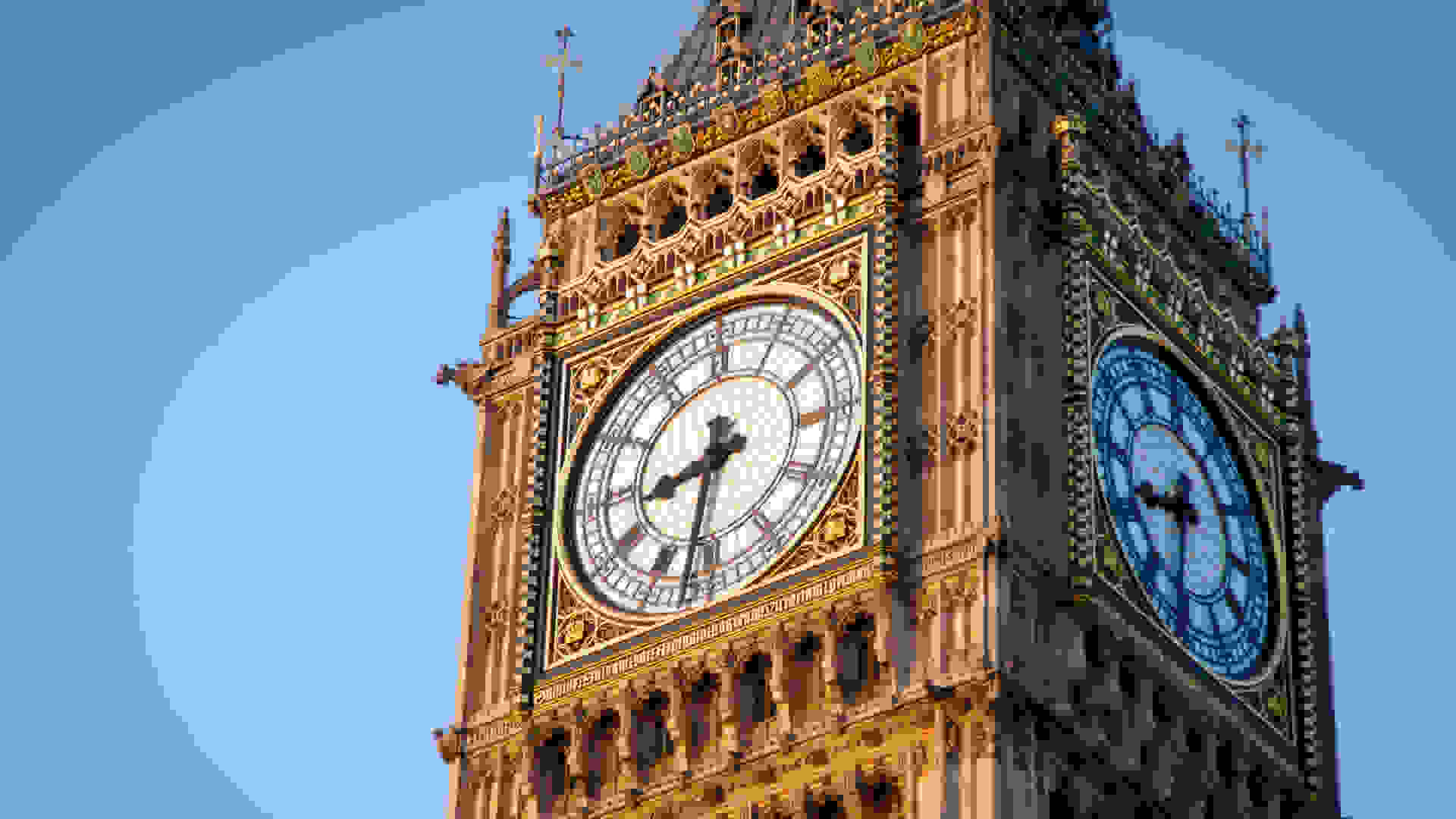Submissions / Parliamentary scrutiny of treaties - Our evidence to the House of Lords International Agreements Committee
Our evidence on treaty scrutiny has been published by the House of Lords International Agreements Committee. Our submission outlines the problems with the existing framework for treaty scrutiny and why legislative and cultural change are needed to improve Parliament's scrutiny role. Our evidence joins calls for a parliamentary consent vote for the most significant agreements, a stronger role for Parliament in shaping negotiating mandates and monitoring progress, and a sifting committee tasked with determining which agreements warrant the greatest scrutiny.

